- Write by:
-
Wednesday, January 6, 2021 - 10:12:34 PM
-
640 Visit
-
Print
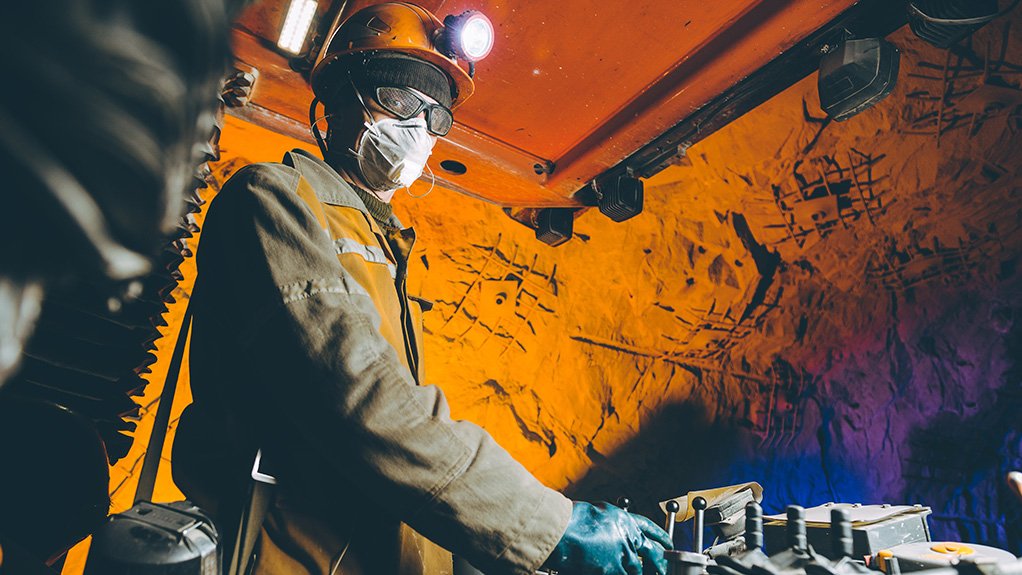
Mining News Pro - Law firm Webber Wentzel notes that key areas of focus for mining businesses this year will be to adopt the lessons learnt from the successful response to the Covid-19 pandemic, as well as other aspects of risk management within the industry; while continuing to build a culture of sustainability.
The firm says the mining industry’s response to the pandemic in helping employees to cope has largely been lauded and, although key lessons learnt from managing the risks posed by Covid-19 relate primarily to employee and public health, these can be applied to other areas of business.
Webber Wentzel says the organisations that coped best were those with existing cultures of resilience and adaptability and which communicated with their employees and made them feel valued.
This most effective responses were also those led by the most senior executives in a company, and mining companies showed how fully engaged executives were able to bring employees back to work safely.
The firm further points out that key role-players and decision-makers had to identify where their roles had to change and what new roles they had to take on.
In future, Webber Wentzel says the lines between work and home will continue to be blurred and the Labour Court has indicated that occupational health cannot necessarily be separated from public health issues.
To this end, the understanding of a workplace has to be reimagined and employers should adapt their health and safety policies for different workplaces, including employees` homes.
The firm adds that working from home requires a new approach to managing employee performance, productivity and defining which categories of employees can work from home.
In mining, there is often a clear distinction between those who can perform their duties from home and those who cannot, but in other sectors there could be a risk of unfair discrimination, which policies must take into account.
Meanwhile, Webber Wentzel notes that it may become standard practice for an occupational medical practitioner to consider the potential vulnerability of employees to a possible future event, beyond Covid-19, in addition to issuing employees with a certificate of fitness before they can work.
Should this become standard practice, employers will have to consider whether and how to terminate employment of vulnerable employees who cannot obtain a certificate of fitness because of possible future health complications.
South African labour law allows incapacity as a reason for termination, but traditionally it referred to poor work performance or medical incapacity. However, the law firm states there are also broader categories of incapacity, such as a driver losing a driving licence, and the lack of a certificate of fitness falls into this category.
Moreover, Webber Wentzel says the mining industry is moving in the direction of developing mining-specific standards on environmental, social and governance (ESG) issues to guide monitoring and disclosures beyond the independent reporting requirements under current legal frameworks – such as the Mining Charter and social and labour plans.
The firm says mining companies are all the more operationalising ESG as a culture, instead of seeing it just as a reporting and data gathering exercise. ESG standards are starting to inform all business decisions and by all levels of management and supervision.
In this regard, Webber Wentzel often assists mining companies to identify the industry, regulatory, geopolitical and social risks they face, as well as to identify programmes to track performance accordingly.
The law firm says ESG goals need be integrated into every aspect of the business for it to become truly sustainable.
Short Link:
https://www.miningnews.ir/En/News/609948
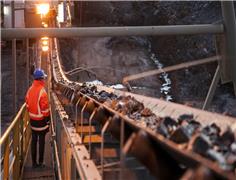
Copper traded near $10,000 a ton, hitting a new two-year high on its way, as investors continue to pile in on a bet that ...

Adriatic Metals is taking over as the operator of the Rupice deposit development, which is part of the company’s Vares ...
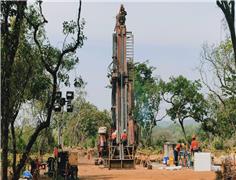
A prefeasibility study for Predictive Discovery’s (ASX: PDI) Bankan gold project in Guinea gives it a net present value ...

Iron ore futures prices drifted higher on Thursday as the latest soft data from top consumer China triggered renewed ...
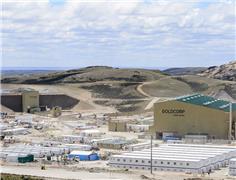
Newmont confirmed on Wednesday that two members of its workforce died this week at the Cerro Negro mine located in the ...
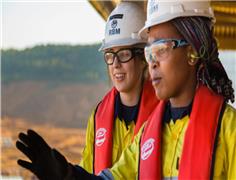
Rio Tinto said on Wednesday it is teaming up with a global venture studio and start-up investor to back the development ...
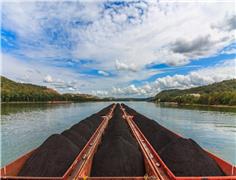
Outflows from global physically backed gold exchange traded funds (ETFs) continued for a 10th month in March, but at a ...

Australia’s Fortescue said on Monday it would form a joint venture with OCP Group to supply green hydrogen, ammonia and ...
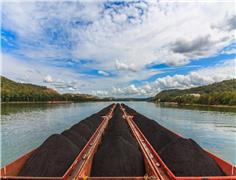
BMO Bank quietly dropped its policy restricting lending to the coal industry in late 2023, helping it avoid being ...
No comments have been posted yet ...